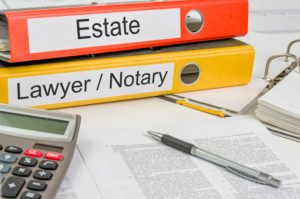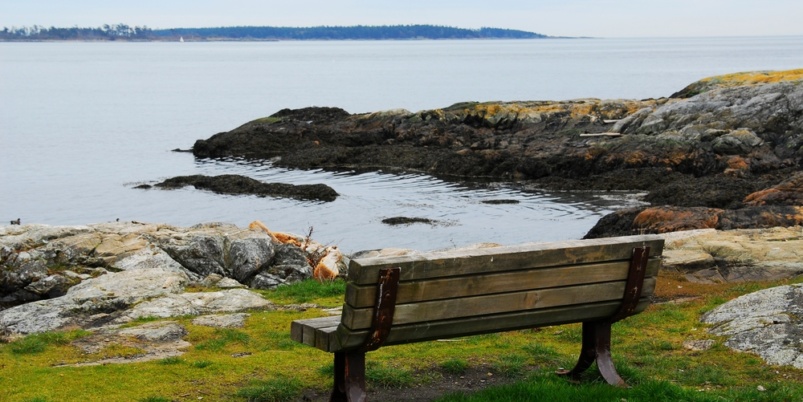
Did you know that November is ‘Make a Will’ month in Ontario? This is an initiative by the Ontario Bar Association to encourage Ontarians to take the necessary steps in making sure they have a valid, up-to-date Will.
Recent surveys reveal a staggering fact: just over half of all Canadian adults do not have a Will. Unfortunately, these studies generally don’t delve into the reasons why so many Canadians put their estate planning on the back burner.



 One of the questions that is asked most often by grandparents is “What are our rights to our grandchildren?”. The most common answer by a family law lawyer is “It depends”.
One of the questions that is asked most often by grandparents is “What are our rights to our grandchildren?”. The most common answer by a family law lawyer is “It depends”.


 Mutual wills arise when two parties sign Wills to achieve a particular distribution of their estates and they make an agreement not to change the terms of those Wills without the consent of the other. This agreement is meant to survive the death of the one of the parties. This means that the surviving party cannot change his or her Will to defeat the parties’ original intentions. By way of an example, a couple in a second marriage, each with children from a prior relationship, may agree to sign mutual wills leaving their estates to each other and then equally to all of their combined children upon the death of the survivor.
Mutual wills arise when two parties sign Wills to achieve a particular distribution of their estates and they make an agreement not to change the terms of those Wills without the consent of the other. This agreement is meant to survive the death of the one of the parties. This means that the surviving party cannot change his or her Will to defeat the parties’ original intentions. By way of an example, a couple in a second marriage, each with children from a prior relationship, may agree to sign mutual wills leaving their estates to each other and then equally to all of their combined children upon the death of the survivor.

 Executors (now called estate trustees) often have many questions about their compensation. These are a few of the most common questions that we are asked regarding estate trustee compensation:
Executors (now called estate trustees) often have many questions about their compensation. These are a few of the most common questions that we are asked regarding estate trustee compensation:
 I’m an executor and have been told that I need to file an Estate Information Return. What is that?
I’m an executor and have been told that I need to file an Estate Information Return. What is that?
 My mother passed away. I would prefer her remains to be cremated but my brother wants a traditional burial. Who gets to make the final decision?
My mother passed away. I would prefer her remains to be cremated but my brother wants a traditional burial. Who gets to make the final decision?
 Yes, it is possible for a deceased’s RRSP to rollover to a beneficiary’s RDSP. Let’s start by looking at the tax treatment of RRSPs and RRIFs on death.
Yes, it is possible for a deceased’s RRSP to rollover to a beneficiary’s RDSP. Let’s start by looking at the tax treatment of RRSPs and RRIFs on death.